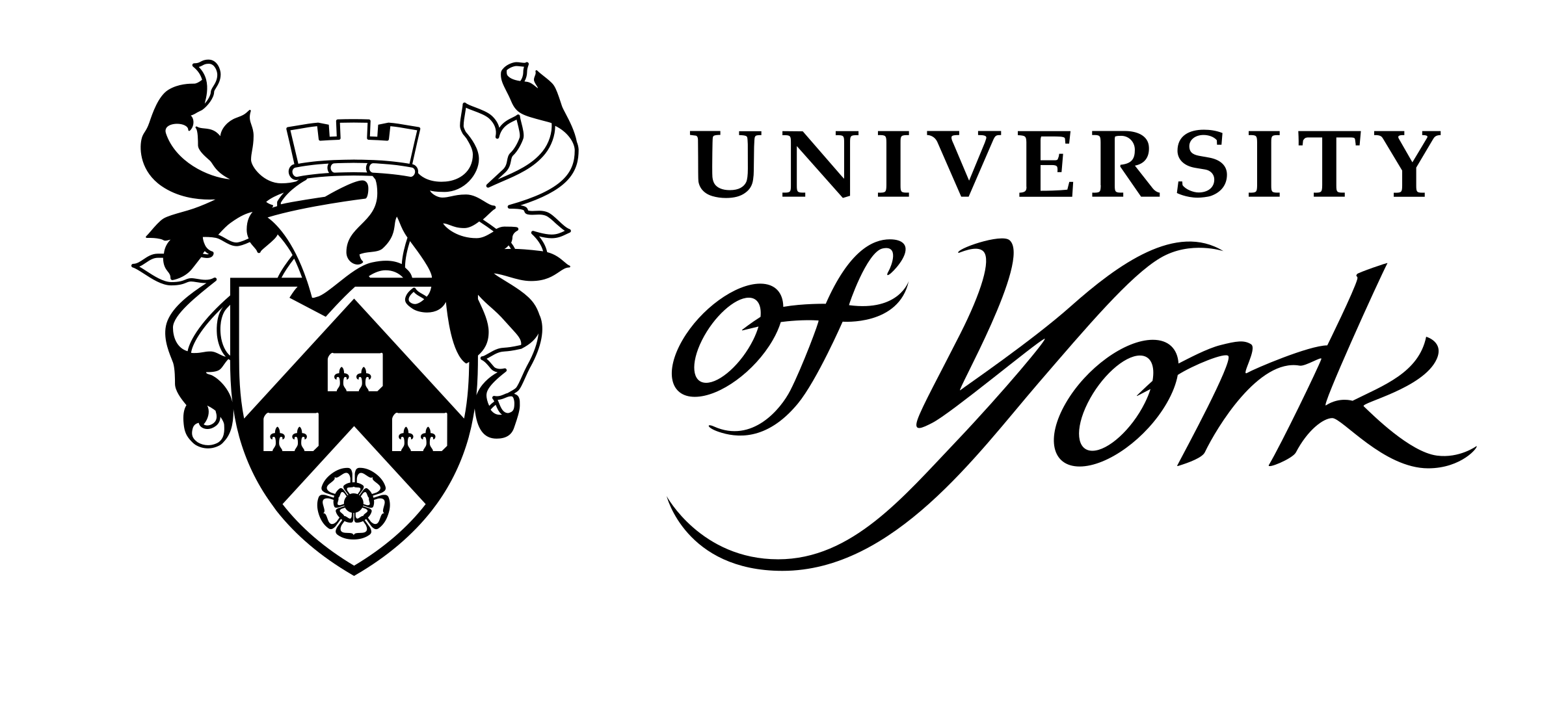"Education is for improving the lives of others and for leaving your community and world better than you found it"
- Marian Wright Edelman
Legacy Newsletter | Edition 12, December 2023, The University of York
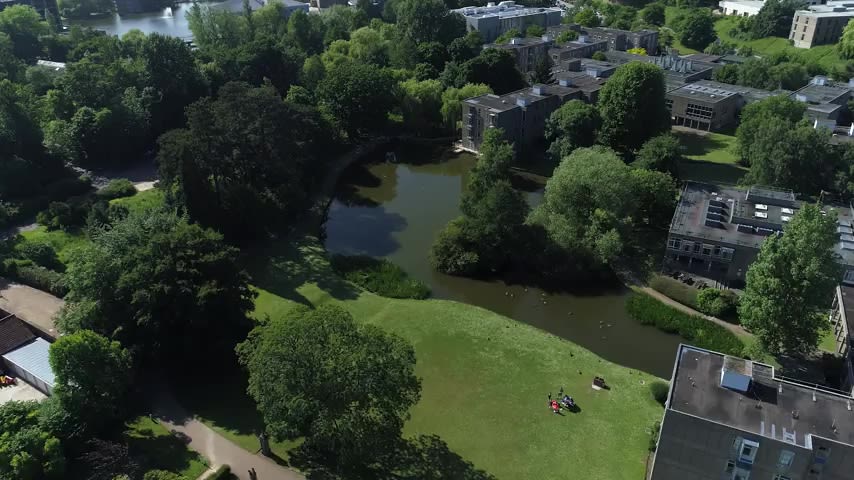
Welcome

Welcome to the latest edition of the legacy newsletter in which we catch up with alumnus David Jennings who was one of our very first students at York in 1963, some sixty years ago!
In 1963, along with David, we welcomed our first year intake of just 227 students. It’s interesting to note that of those first students, almost half were women and about 20 were international students from India, Kenya, USA, Nigeria, Hong Kong, Iraq, Zambia, Korea, Sudan, France and Germany. Our oldest undergraduate was, 64 year old, George Crofts.
David, who is a legacy pledger and Heslington Circle member, recently addressed our 2023 scholarship holders to explain why he felt it was important that he include a legacy to the University in his will. David stated that his time at York was made possible because of receiving a Local Authority grant and today's students are not as fortunate and have more debt and rising costs to deal with. He emphasised that even a small legacy could make a big difference and pay for life changing scholarships and research opportunities. Lizzie, a recent scholarship recipient, had the following words of appreciation:
“Thank you so much for your altruism, generosity, and for inspiring me to walk in your footsteps by supporting the next generations of York scholars financially and through mentorship.”
We are also delighted to introduce John Newman who graduated in 1979. John’s path has taken him from York all the way to British Columbia, Canada. He shares his story further below.
The opening quote is from Marian Wright Edelman, an activist for civil and children's rights, and her sentiment aptly applies to what we stand for at the University of York. The stories from David and John both show the opportunities provided by an education and the difference they have gone on to make. We are an institution which values improving lives through education, in the words of Professor Charlie Jeffery, our Vice-Chancellor and President:
“Sixty years ago, York was founded as a university for tackling social injustice and inequality. We reaffirm those principles today. We continue to bring compassionate and courageous people together to make real and positive change in our society.”
With this in mind, we are proud to be nominated for the University of the Year by Times Higher Education (THE). This nomination is based on our response to the cost of living crisis and how we have looked after each other and those around us. You can watch and read why York has been shortlisted. The results will be announced on Thursday 7th December.
If you would like to find out about the many ways you can help us to continue our work and support students and researchers at the University of York by leaving a gift in your will. Please email me at maresa.bailey@york.ac.uk or call me on 07385 976145.
You can also download our free legacy brochure here.
Maresa Bailey, Legacy Officer
David Jennings, Heslington Circle Member
English and Social Science, 1966
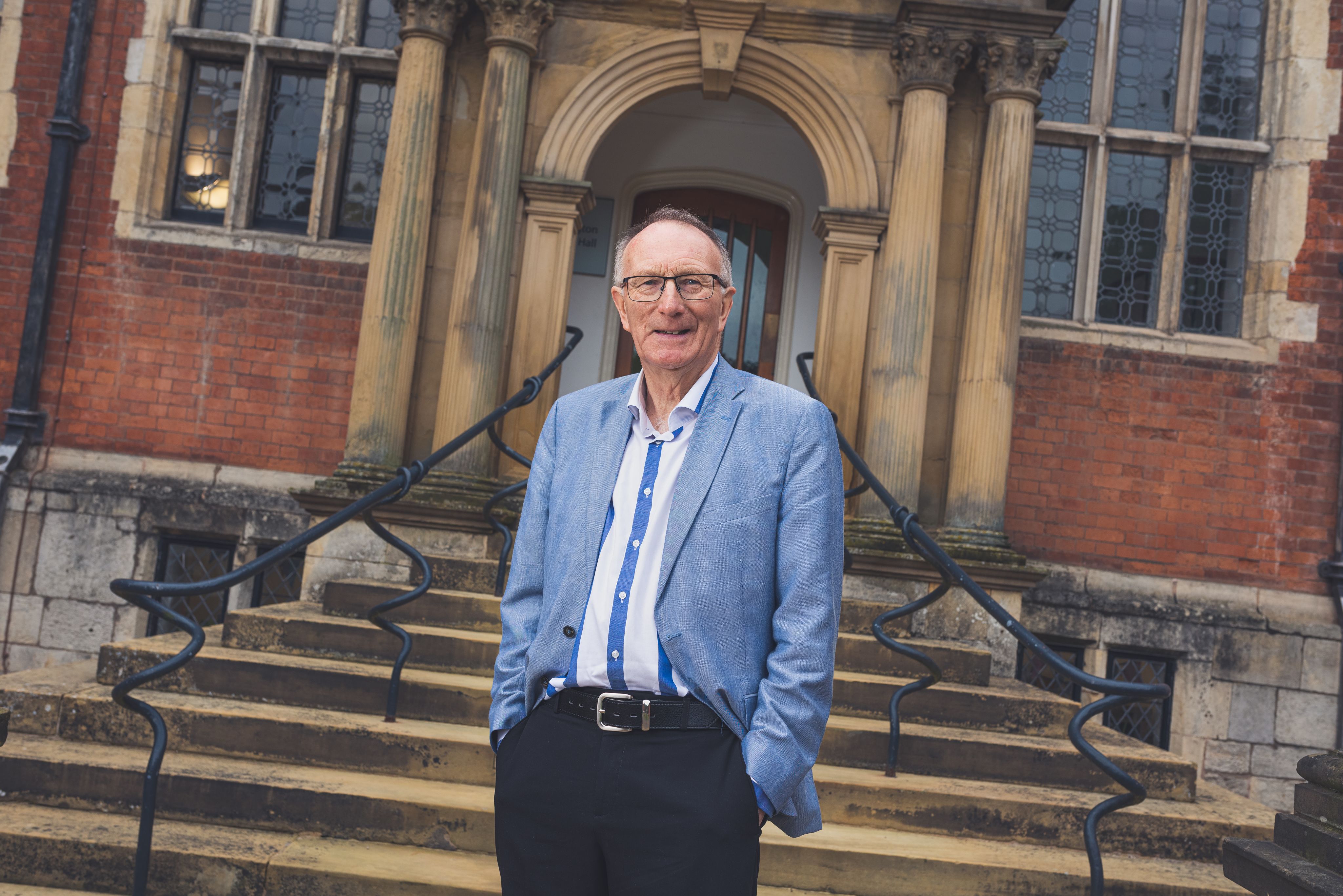
Having graduated in 1966 with a degree in English and Social Science, David is one of the first cohort of students to have studied at the University of York.
“I grew up in Gloucester where I attended the local grammar school. It was our boast that we had as many county caps for various sports as we had pupils in the upper sixth. I always wondered about the influence of an All England Schools bronze medal for cross country Vis a Vis A's at A level.
My English teacher told my parents they should mortgage the house to send me to university; I don't think they had the confidence to tell him that you couldn't mortgage a council flat.
I had considered a career as a Solicitor but my parents couldn’t afford the fees needed to train. It was a better option to go to university where I received the sum of £110 a term in the form of a grant from the Local Authority. This was enough to run a series of old cars and to live reasonably comfortably, as a student.
To this day I don't know why I decided to apply only to universities more than 100 miles from home. My interview was with Professors Brockbank and Aylmer. My most vivid recollection is that afterwards I had a drink in a pub by the river; shortly after returning home I was able to point it out on the national news - partially submerged in the Ouse.
I chose York because I liked the feel of the place. In 1963 there were only 28 members of staff and 216 undergraduate students and everybody pretty much socialised together.
The campus when I arrived was Heslington Hall and a lecture theatre on Heslington Main Street. In year 2, King's Manor was in use and it was only for our final year that Derwent and Langwith were open. Having spent my first two years in digs, I moved onto campus and into Langwith College. Although we were allocated to a college no one took much notice as friendships were already established.
The lake was put in before the student union but we didn’t suffer too much from that as there were two junior common rooms and plenty of space for events. I also enjoyed wandering into York for a drink at the Bay Horse on Gillygate which had a bar billiard table (the pub was remodelled and renamed on several occasions over the years, including the Pink Pony, Monroes and the Fleeting Arms. It was closed by 2015 and became a temporary arts centre before being converted for retail use).
One memory from my first year stands out. The South African government had put Nelson Mandela on trial as a terrorist with the threat of execution. We held an all-night vigil on Parliament Street. Late in the evening a large car drew up, out stepped a lady with a pot of soup, coffee and food. It was Lady James, the VC's wife!
I also have great memories of competing as a runner for the University, becoming Captain of the Cross Country team and Sports Officer. Because of my athletic skills I was also recruited as a runner for the Territorial Army. They would pay me 10 bob to participate in parades and taught me to drive a HGV, all while studying for my degree.
"I also have great memories of competing as a runner for the University, becoming Captain of the Cross Country team and Sports Officer."
My professor wrote when I left that whilst captaining the University cross country club I had also obtained an upper second class honours degree. In later years, Sandy Cunningham (a lecturer from my time at York), said he thought that a bit harsh: I told him I thought it very fair and wore it as a badge of honour. It didn't stop me from getting to be an Academic Registrar!
And now my grandson is studying at York. I’d like to think I had an influence on that but he chose it because he also liked the look of York and it was the right course for him.
Interestingly enough, I’m not the only graduate from 1966 with a grandchild to follow in their footsteps to study at York!”
David is a Heslington Circle member; he has very generously included a gift in his will to the University and, over the years, has supported various scholarships through regular giving.
"As one of the first undergraduates, I am greatly appreciative of the opportunities that I was afforded and concerned about the costs for present-day students. I would like to think that a modest legacy, combined with some regular giving in the meantime, might go some way to repaying the debt I feel I owe the University and help the present generation of students."
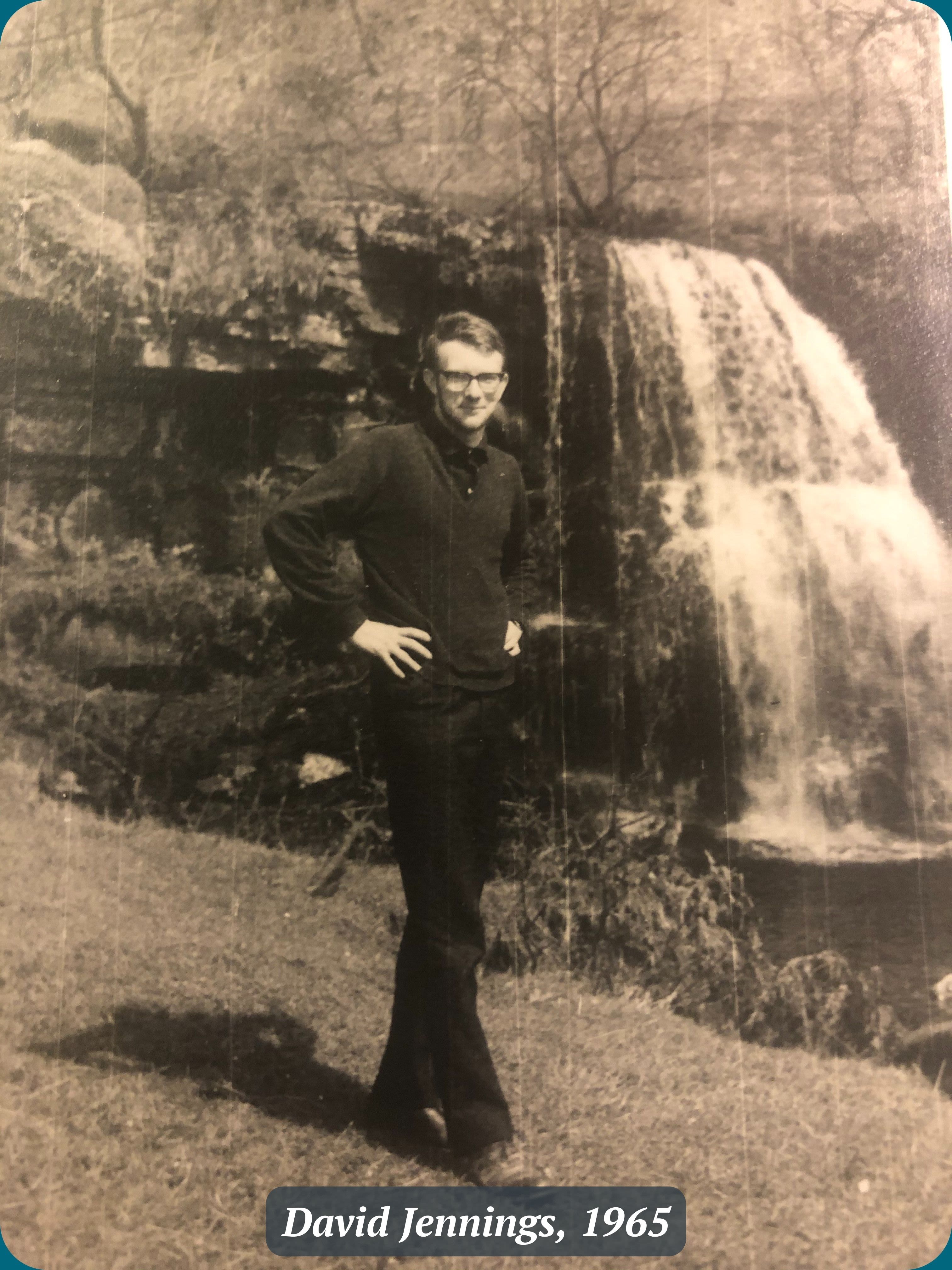
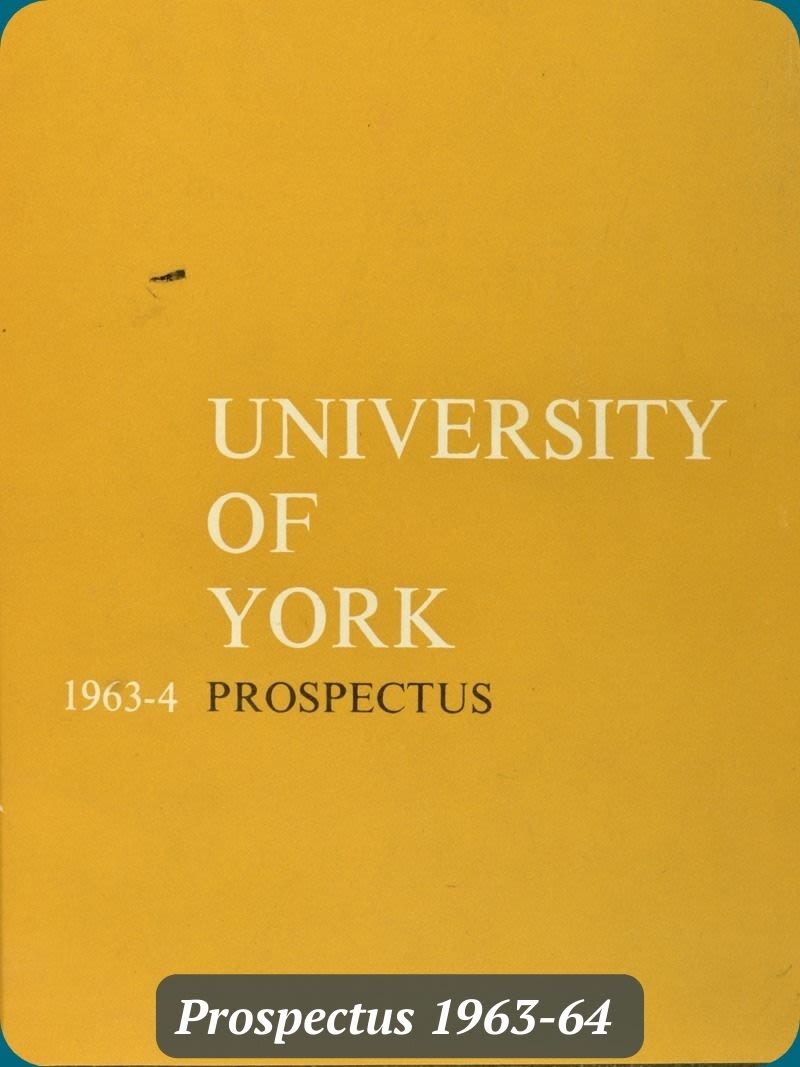
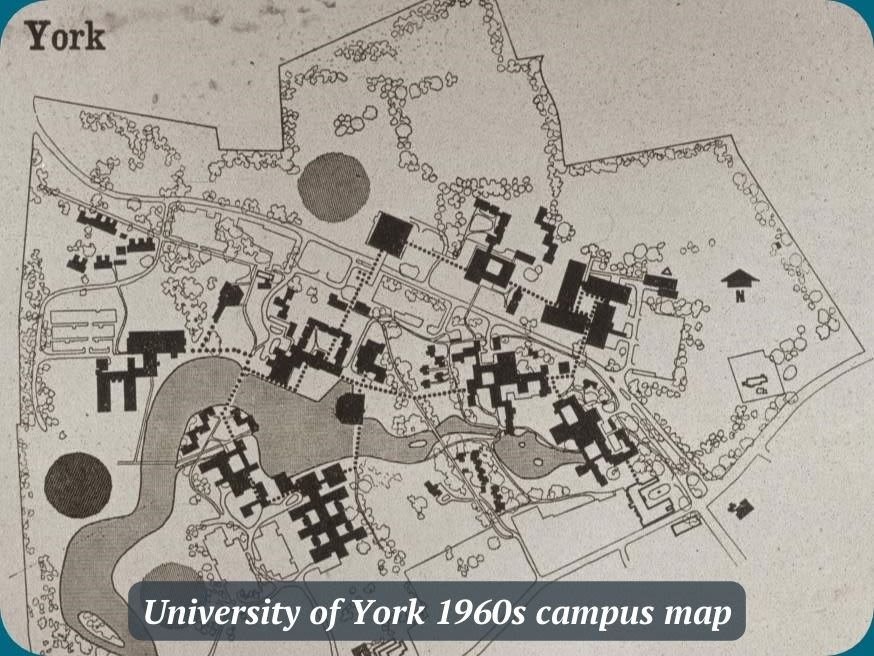
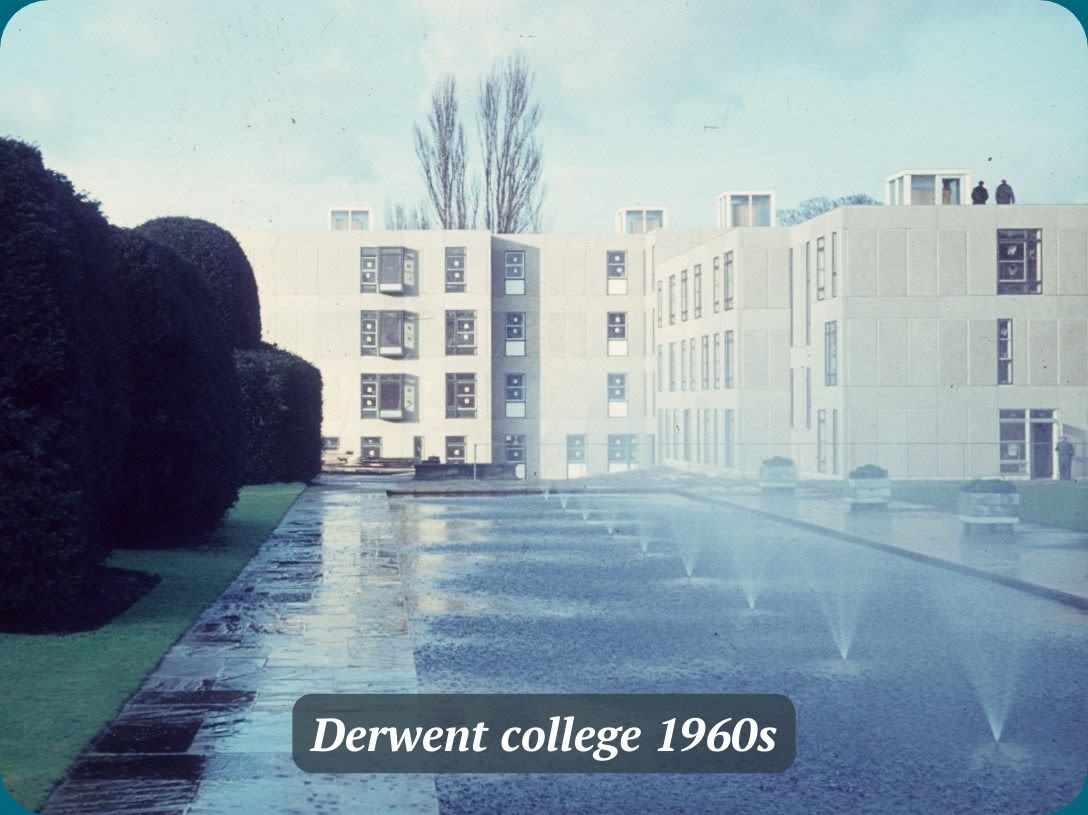
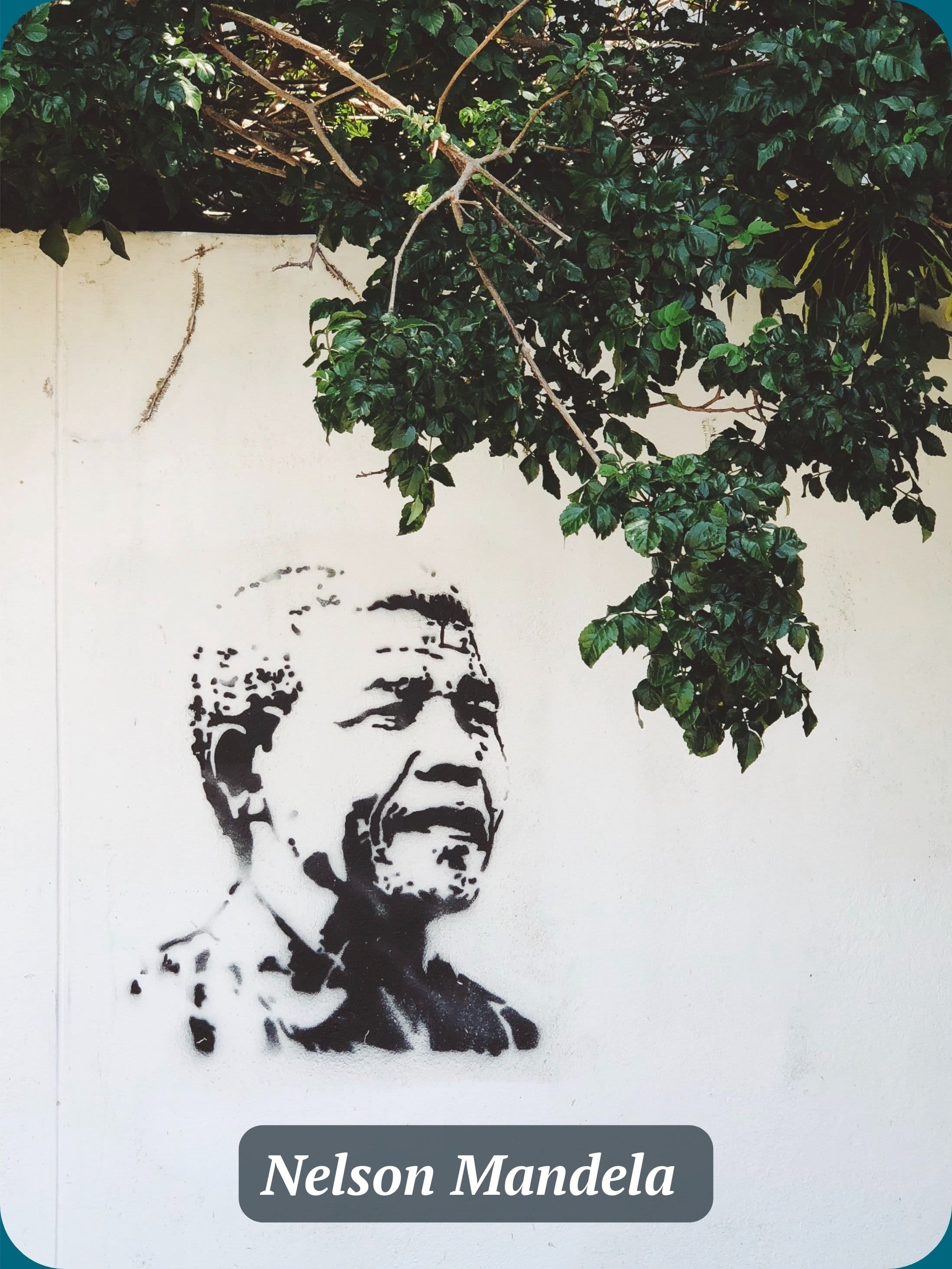
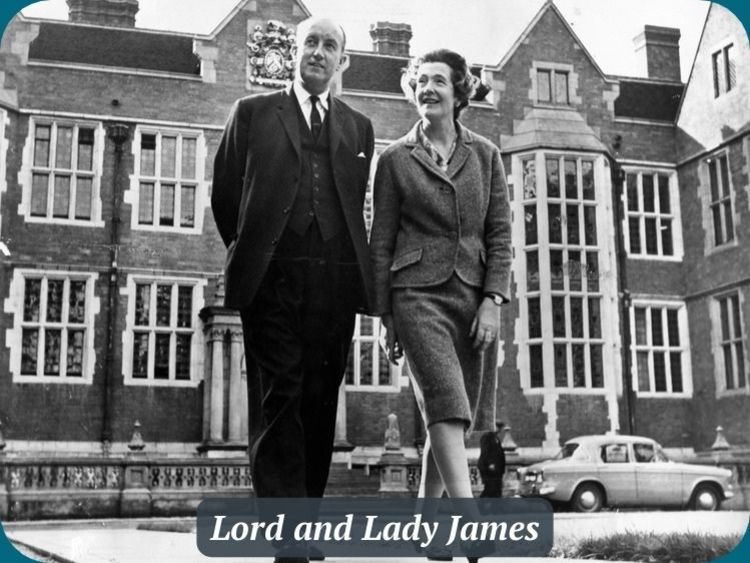
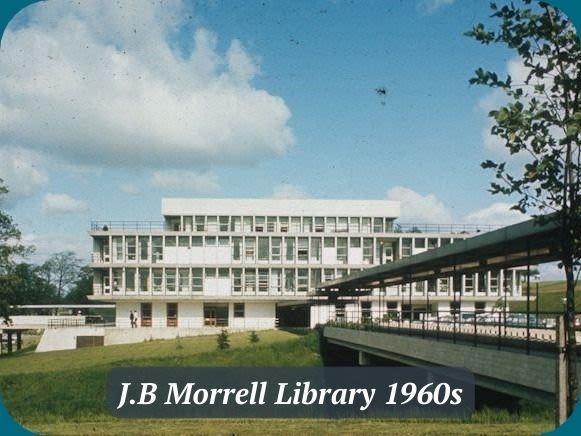
If you have already included the University of York in your will like David and wish to share your intentions with us, I would be delighted to invite you to join the Heslington Circle. The Heslington Circle is the University's way of expressing gratitude and appreciation to generous legacy donors. If you would like more information on joining the Heslington Circle please contact me at maresa.bailey@york.ac.uk.
John Newman
Sociology with Education, 1979
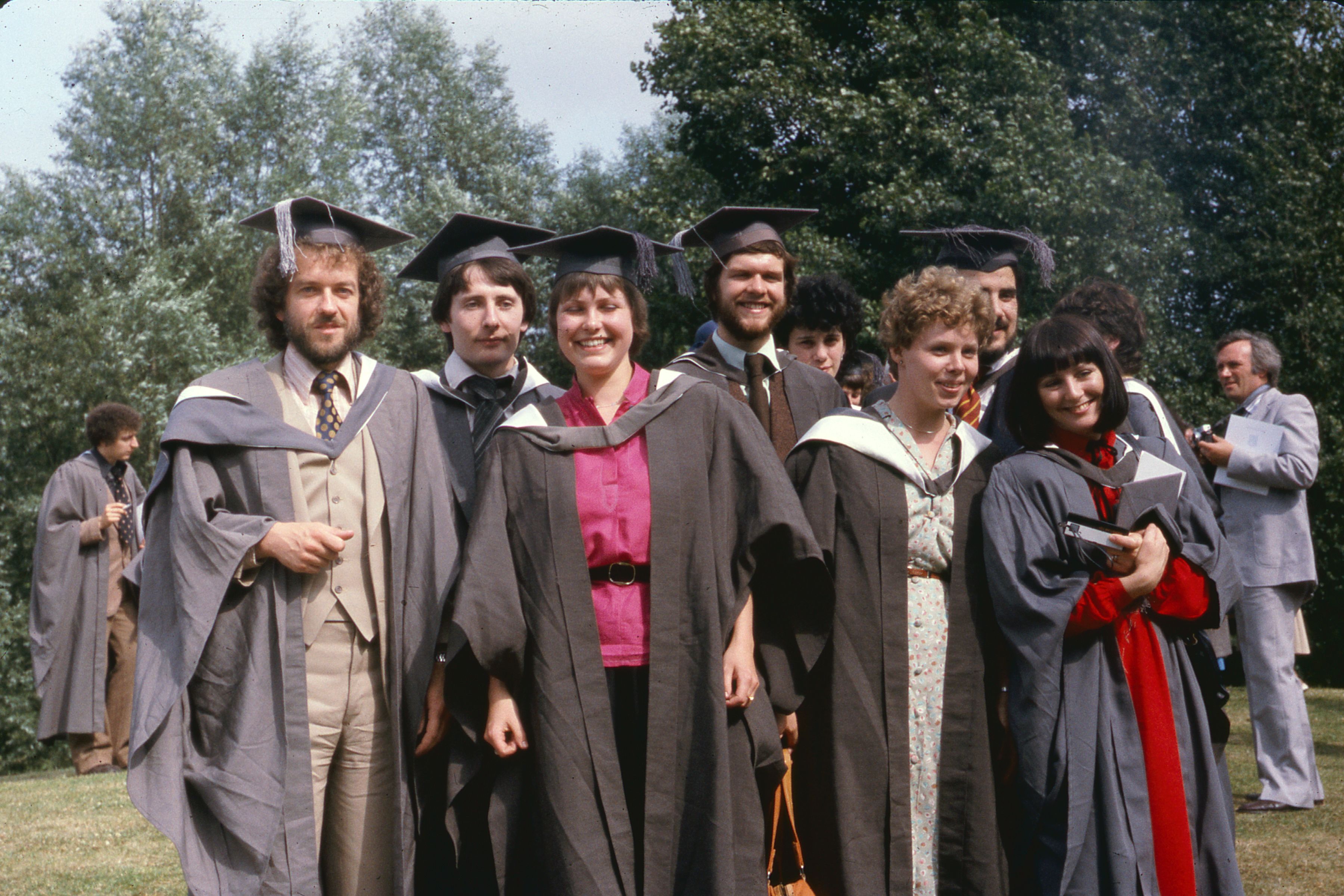
"I arrived at the University of York in 1976, a product of the adult education network, commonly referred to in those days as 'second chance colleges'. It comprised of Ruskin College, Newbattle Abbey in Scotland and for me, the tiny Coleg Harlech nestled in Snowdonia, North Wales. The colleges offered adult students a path back to higher education for those who left school at sixteen for the adult world of work.
As a young lad, this 'freedom' quickly became a prison sentence of back breaking jobs in sweltering Welsh steel mills, and later, inhaling toxic chemicals in industrial print shops. Although I found employment using skills picked up along the way, as a lab technician, sound and lighting tech for touring bands and theatre companies; the wages were meager and the lifestyle poor. After a health crisis, I realized that the only way forward was through higher education. It was a challenging path back to the rigours of academic study compressed into a two year full-time program at Harlech. A common criticism of the network, by the left-wing students, was that it did a great job of turning union organizers into middle class academics!
I recall that in my first term at York in Langwith College residence, my confidence was low. I was surrounded by students ten years my junior bristling with A levels and well-sharpened study habits. My first choice of York had been based on its offering of a unique continuous assessment program in its liberal arts degrees. At this point in 1976, a brand new degree curriculum was offered. It comprised Sociology (main) with an Education subsidiary and I opted for it. My cohort of twenty students struggled to find some cohesion and structure in this new course. Luckily, the dynamic Head of Sociology was the engaging personality and host of the popular BBC radio show 'Stop The Week', Professor Laurie Taylor who through his media career brought a dynamism to his teaching. Similarly, the Head of the Education Department, Professor Ian Lister encouraged our lost cohort to find structure in the sheer variety of units on offer. I persevered in that cohort and was awarded a First Class Honors degree that led me into Arts Administration as a policy researcher, publishing an Ethnomusicology study and a UK Environmental Arts report. I then became the Assistant Director of an active arts centre. Events management such as film and music festivals and gallery shows were my forte.
Long before the World Music phenomenon, I remember the amazing productions at 'Lyons Concert Hall' featuring performances from Indonesian Gamelan and West African drumming to the experimental Steve Reich ensemble. The Head of the Music Department, renowned composer and Ethnomusicologist Professor emeritus, Wilfrid Mellers OBE was, largely the catalyst for generating this progressive itinerary.
"I remember the amazing productions at 'Lyons Concert Hall' featuring performances from Indonesian Gamelan and West African drumming to the experimental Steve Reich ensemble."
At this time in '76, Vanbrugh College was the social hub of the campus and featured a weekend pop-up vegetarian cafe known as Gumbo Night, solely operated by students. Great food. Great music. Great times!
And, who remembers trying to skate on portions of a frozen lake on the campus during a white Christmas at York or the challenge of getting into the annual summer BBQ, a 'closed' event, at Derwent College, that also happened to be completely surrounded by water!
"Who remembers trying to skate on portions of a frozen lake on the campus during a white Christmas at York or the challenge of getting into the annual summer BBQ"
In 1986, I moved to Canada as an entrepreneur and have owned a number of lively businesses; a restaurateur in Toronto, partner in a vintage musical instrument store and school and an independent importer and distributor of guitars. Presently, at 75, I own a business in estate disposition specializing in precious metals and rare coins in Victoria. My wife, son and I live a short ferry ride away, on the largest of the Southern Gulf Islands in British Columbia.
The University of York has been registered (since 2012) by the Canada Revenue Agency as a qualified donee. This means, for alumni in Canada, we can accept charitable bequests, and issue official donation receipts for income tax purposes. Please contact me (Maresa Bailey) if you would like more information on this or other international legacy pledges and donations.
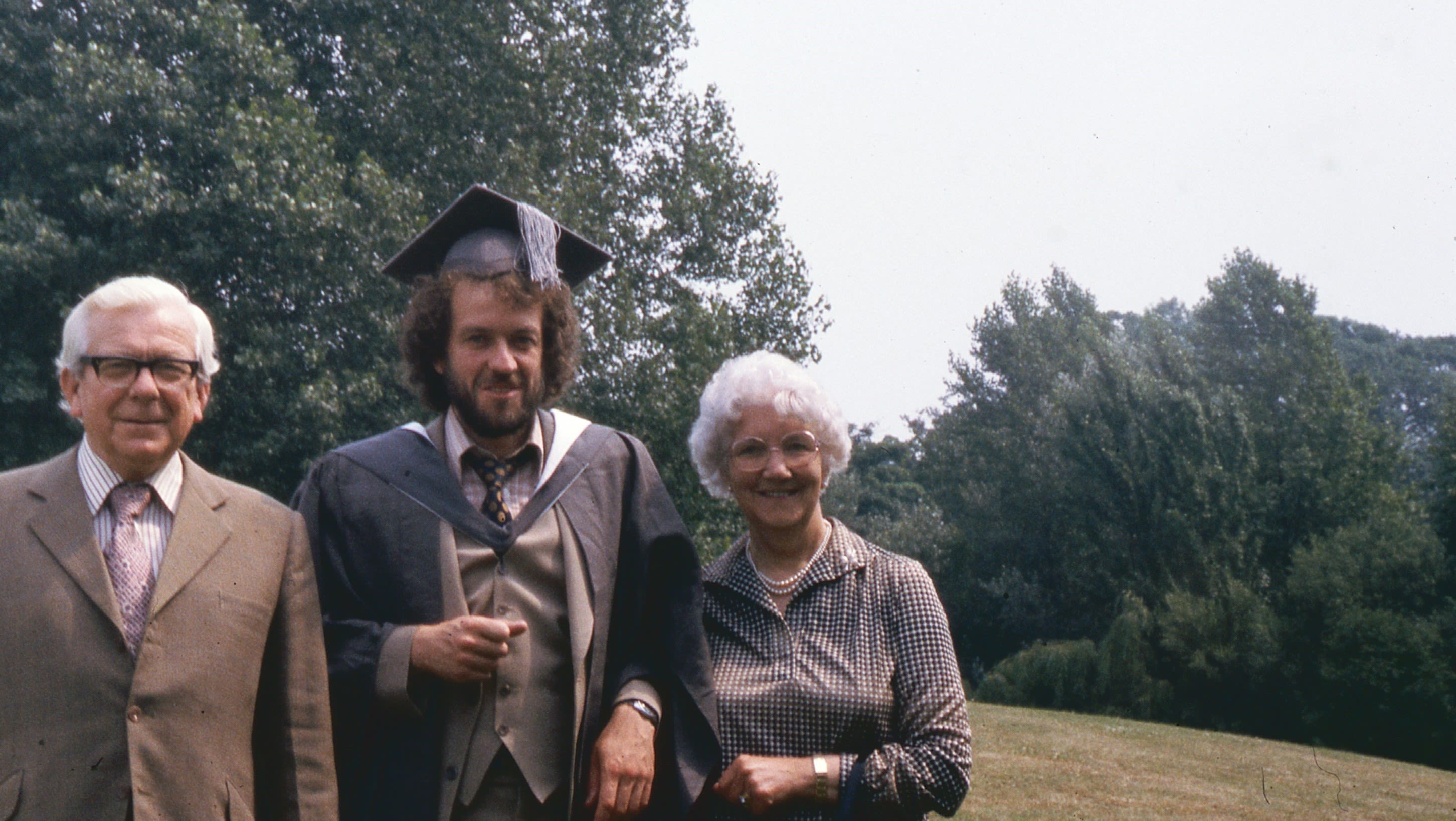
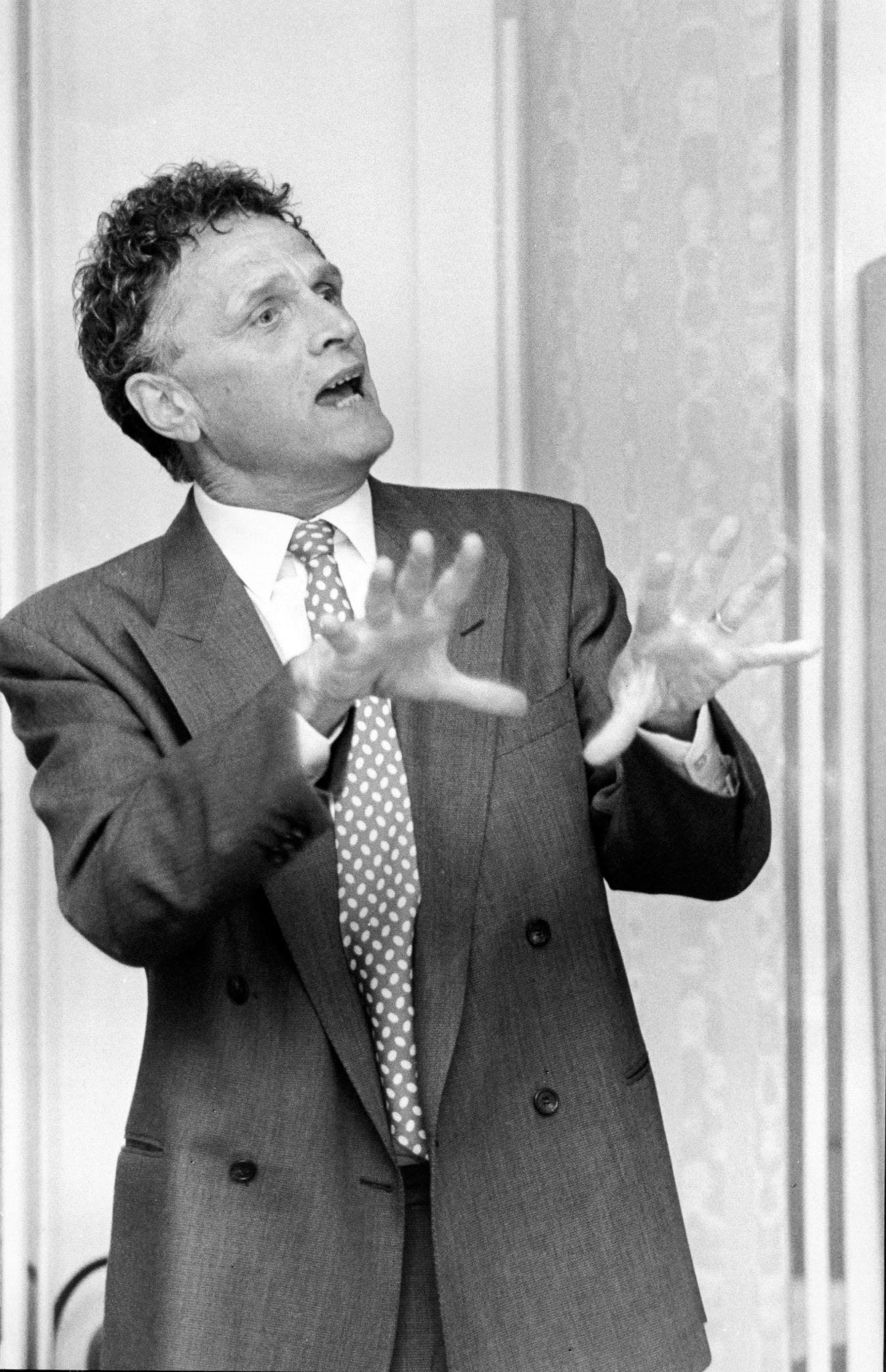
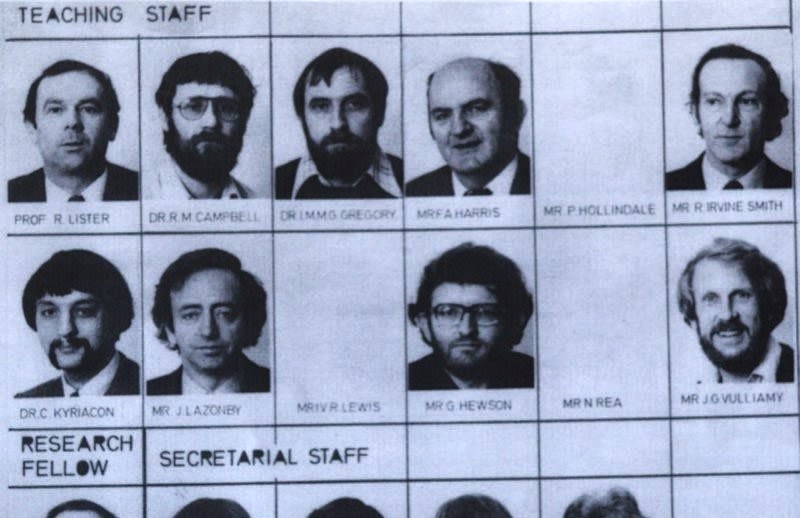
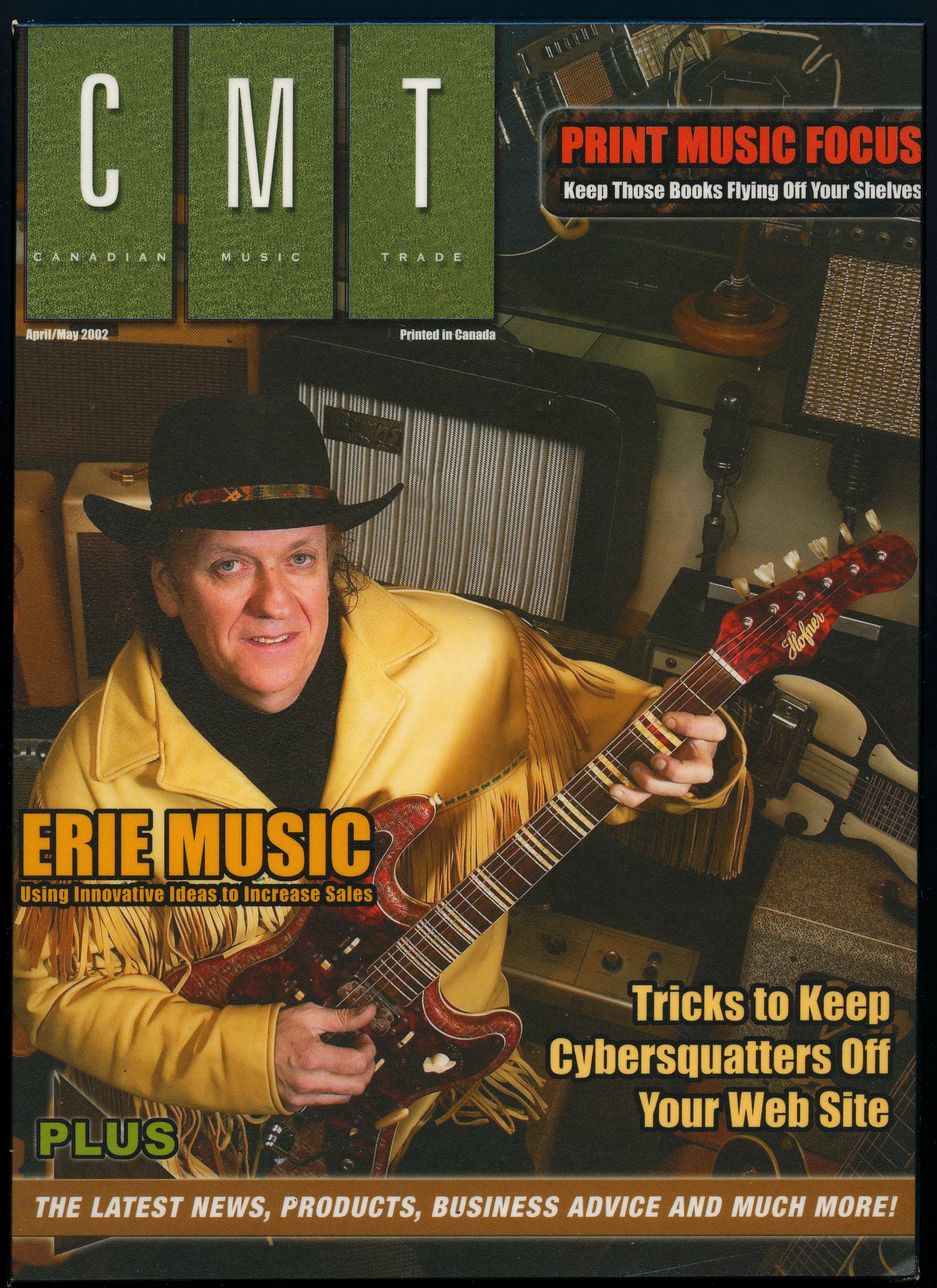
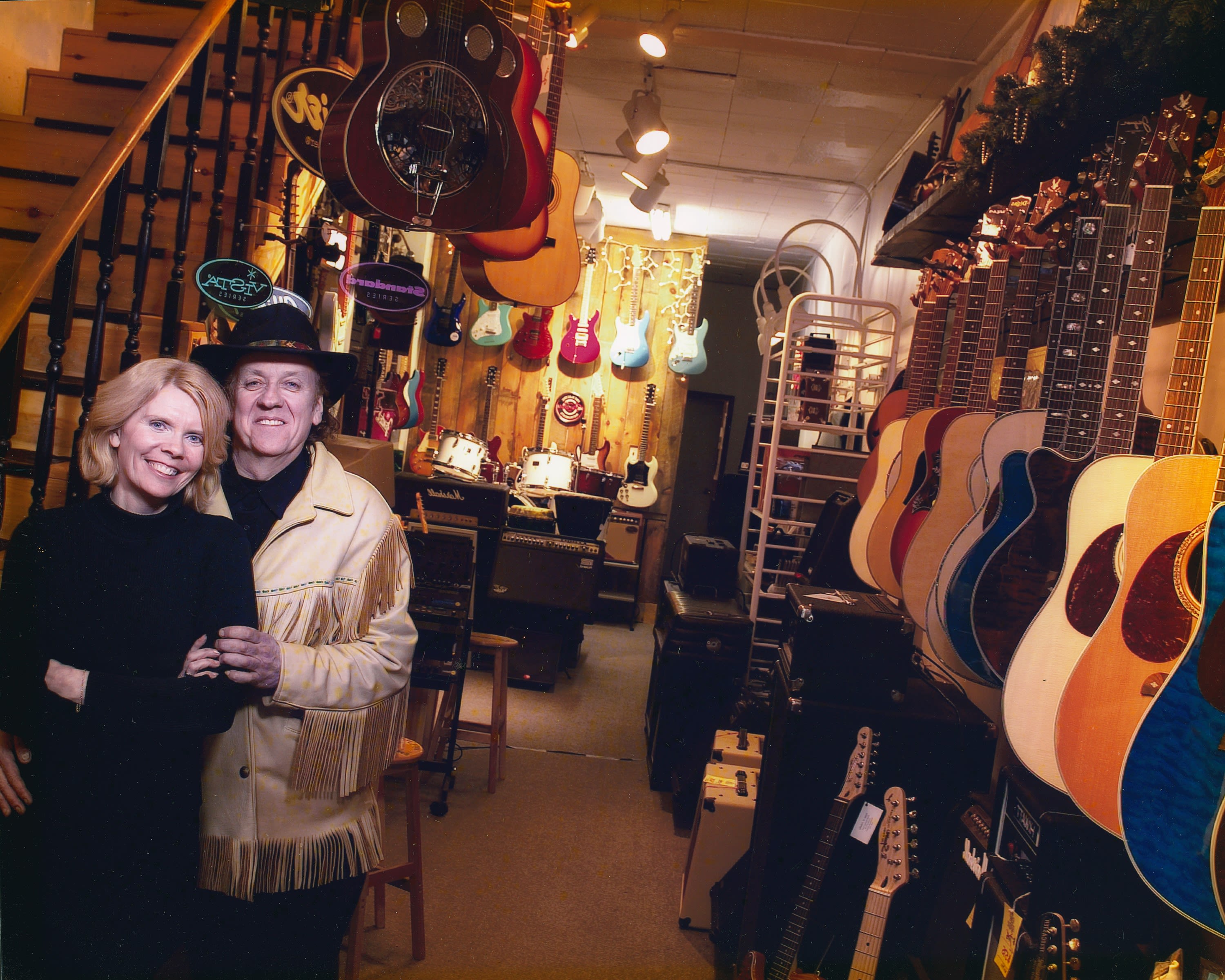
Writing your will
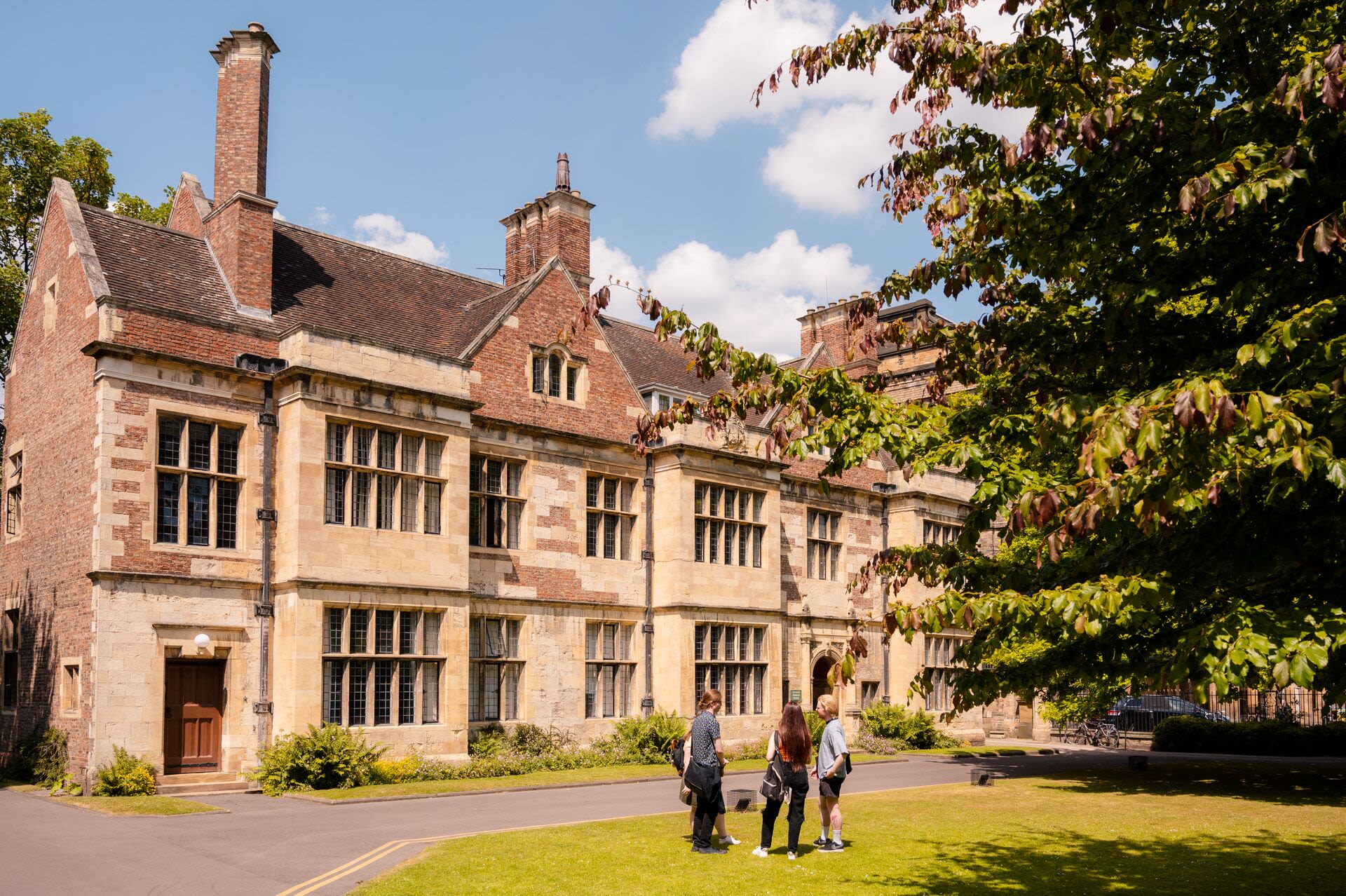
I am delighted to share the video from our last YuPlan session on will writing and estate planning. If you have any questions on the content of the video or would like any additional information, please contact me at maresa.bailey@york.ac.uk.
Gifts In Wills and Tax Benefits
The University of York is an exempt charity under Schedule 3 of the Charities Act 2011. As such, any gift within your will falls outside of inheritance tax. Giving as part of your will planning can reduce the Inheritance Tax rate on the rest of your estate from 40% to 36%, if you leave at least 10% of your 'net estate' to a charity.
Crombie Wilkinson - 25% discount
Having an up to date will is the only way to make sure that the people and causes you care about are looked after and your wishes followed. Crombie Wilkinson have kindly given 25% off their regular fees to University of York alumni and staff.
Guardian Angel - Write your will for free
In addition, we have partnered with Guardian Angel to offer our community a free will writing service. The service is absolutely safe and secure, with no obligation. The online service is available for those in England and Wales, the offline services are UK wide.
Thank You!
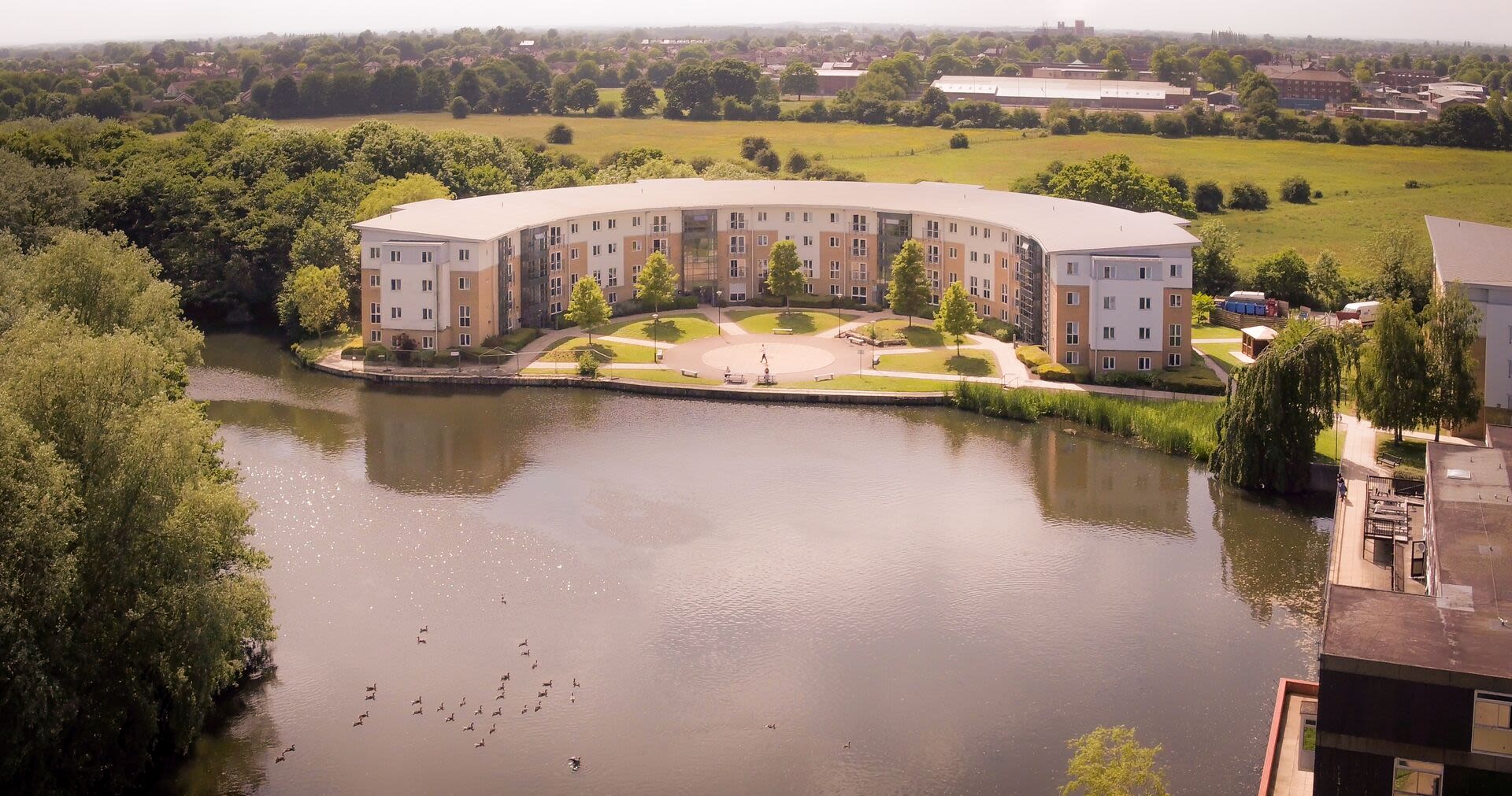
I hope you have enjoyed reading this edition of the Legacy Newsletter. Back in September, I helped a student friend of mine move into her accommodation at Wentworth College and wanted to share the excitement of the day with you. She moved all the way from the USA to study at York. In her own words:
“Coming from California and having completed my bachelor’s degree at Cal Poly, I wasn’t quite sure what it would be like to study at York but I have been blown away by the beautiful campus and the friendliness and kindness of fellow students and staff. I couldn’t be more happy to be here and look forward to completing my masters degree and hopefully one day I can give back to York in some way be it volunteering, mentoring or leaving a legacy!”
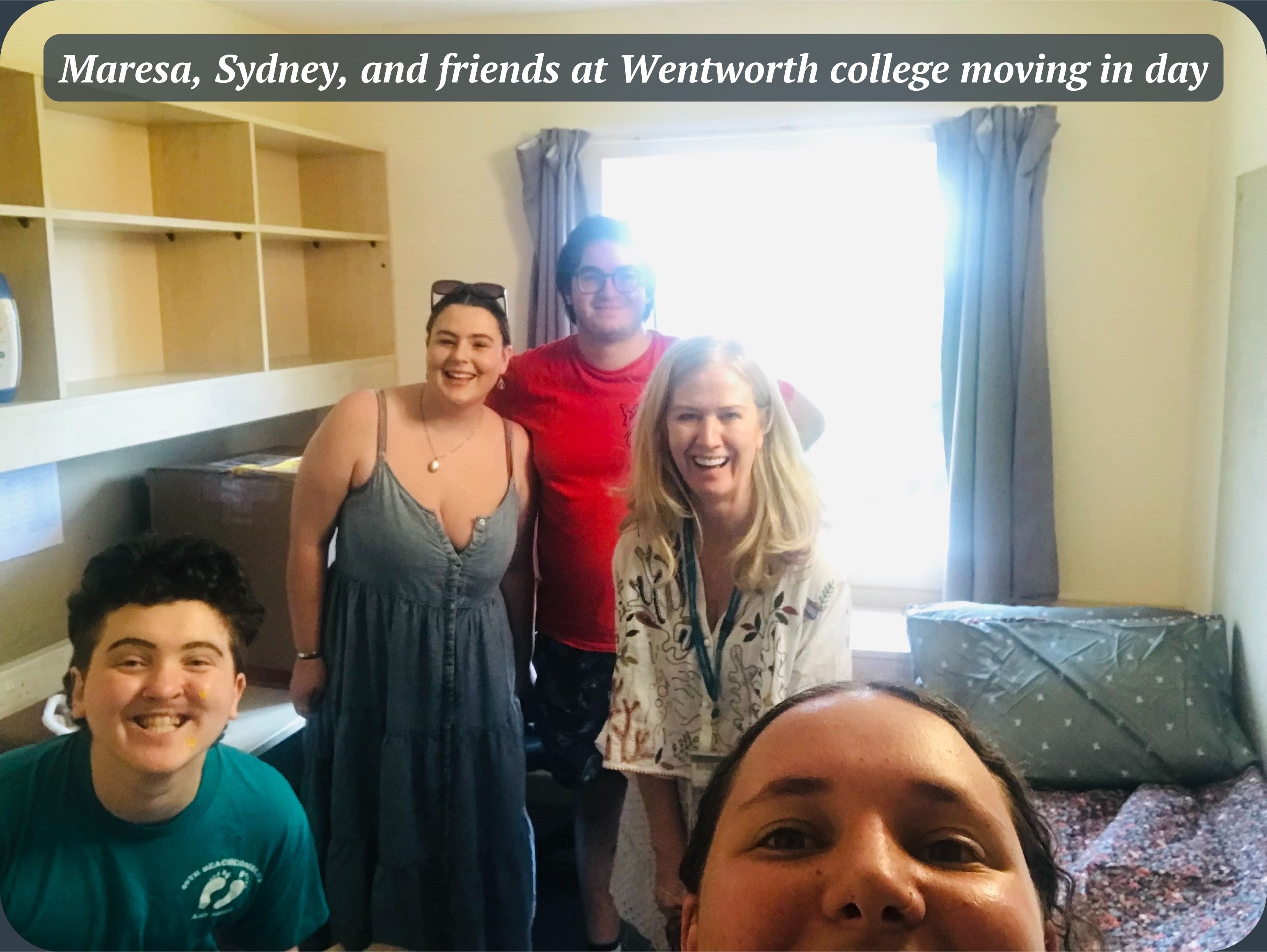
If you are interested in finding out more about how you can leave a gift in your will, please contact me, Maresa Bailey, Legacies Officer, at maresa.bailey@york.ac.uk. By pledging a gift in your will, you will be giving future students and researchers the greatest support and continuing our vision of being a University for Public Good. Download our free legacy brochure here.
It would be lovely to host you on campus, perhaps to look at the new Long Boi sculptures or join me at one of the University of York Open Lectures including York Talks which commence Wednesday 10th January 2024. Please email me at maresa.bailey@york.ac.uk or call me on 07385 976145. To discuss anything in this newsletter further, please contact the Legacies Officer, Maresa Bailey.

